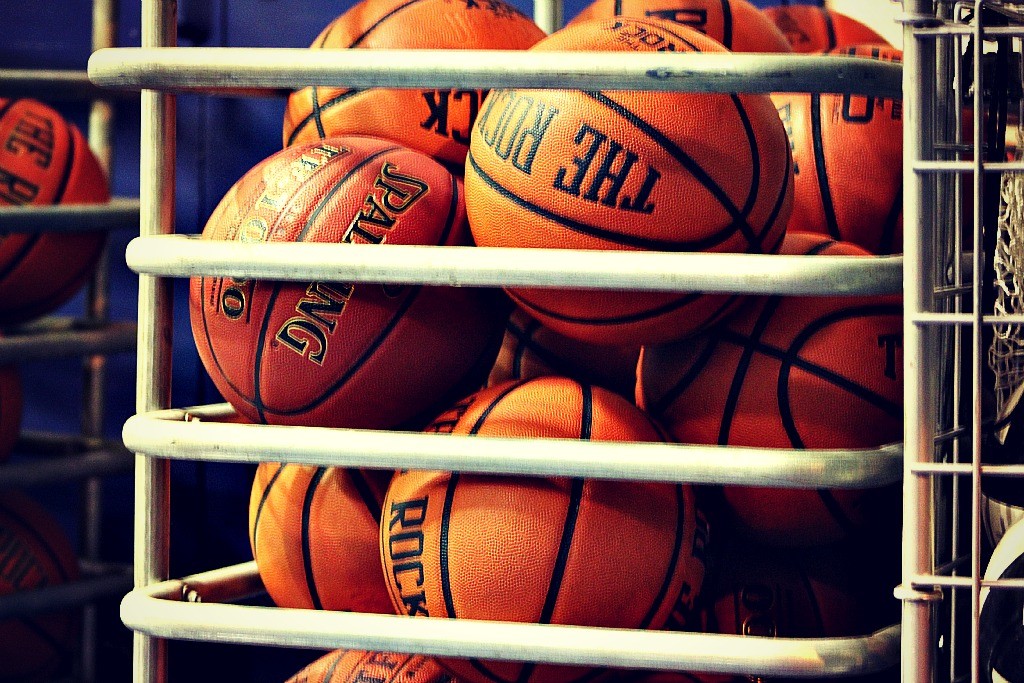Is Your Child Playing with The Right Size Basketball?
By Alex Flanagan
If your child is playing basketball it’s important to make sure they are using with the right size ball. Yes. Basketballs come in many different sizes, ranging from size 1 to size 7. The sizing number assigned each ball is based on the circumference and even though it can seem like a small size variation it can make a huge difference.
Michael Rausa is a Regional Director for One on One Basketball. He advises that younger players shoot a smaller ball and also use a lower rim. “If they are using a basketball that is too big or if they are shooting on a rim that is too high their technique will suffer,” warns Rausa.
HERE ARE THE BASICS ON BASKETBALLS:
- SIZE 7: 29.5 in
- SIZE 6: 28.5 in
- SIZE 5: 27.5 in
- SIZE 4: 25.5 in
- SIZE 3:22 IN 10oz. Also called the “MINI“. It is recommended for kids ages 4-8 years old.
- SIZE 1: 16 in
(ILTWYP participates in the Amazon Affiliate Link advertising program and will receive a small percentage of any items purchased)
Alex Flanagan co-founded I love to watch you play in 2015. She was flying home from an NFL work assignment when a learning specialist, who was sitting next to her, shared 5 reasons she shouldn’t feel guilty missing her son’s game. She shared their conversation on her own website alexflanagan.com and the response was so overwhelming it inspired her to create ILTWYP to help parents like herself navigate youth sports.
